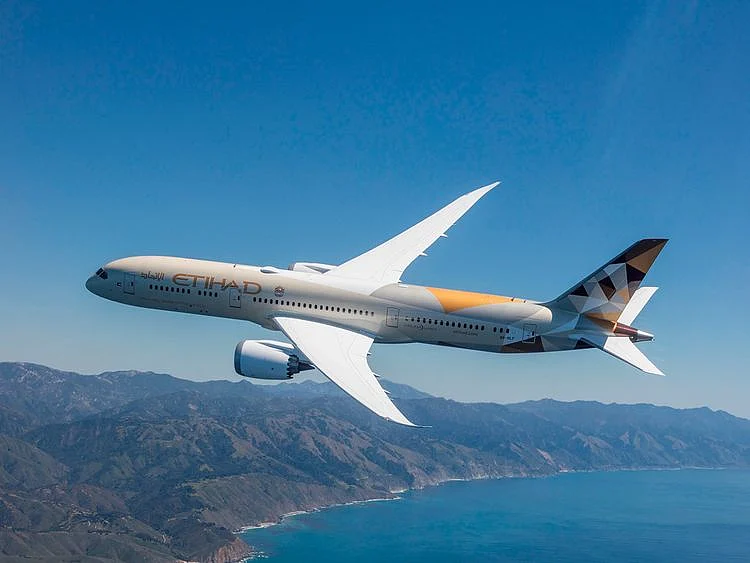Etihad, Israel Aerospace will set up an aircraft conversion facility in Abu Dhabi
The facility will convert Boeing 777-300ER passenger planes into cargo aircraft

Also In This Package
Dubai: Etihad Engineering on Wednesday said it signed a strategic partnership with Israel Aerospace Industries (IAI), to set up a facility in Abu Dhabi that will convert Boeing 777-300ER passenger planes into cargo aircraft.
In the initial stage of the partnership, Etihad Engineering will facilitate towards two conversion lines accommodating multiple aircraft conversions per year, said the company in a statement.
Since the signing of the Abraham Accords last year, UAE and Israel have struck deals in various sectors including aviation, tourism and agriculture.
“Establishing the conversion site in partnership with Etihad Engineering is a testament to IAI’s strong ties with the UAE and strengthens its foothold in the region. I am confident that this agreement will lead to many more partnerships with local companies in the Gulf States, which will grow our business in the region,” said Boaz Levy, President & CEO, Israel Aerospace Industries
Cargo does well
The demand for cargo has surged around the globe amid growing reliance on e-commerce.
Global air cargo markets for June showed a 9.9 per cent improvement on pre-COVID-19 performance, according to the International Air Transport Association (IATA).
Sign up for the Daily Briefing
Get the latest news and updates straight to your inbox
Network Links
GN StoreDownload our app
© Al Nisr Publishing LLC 2025. All rights reserved.